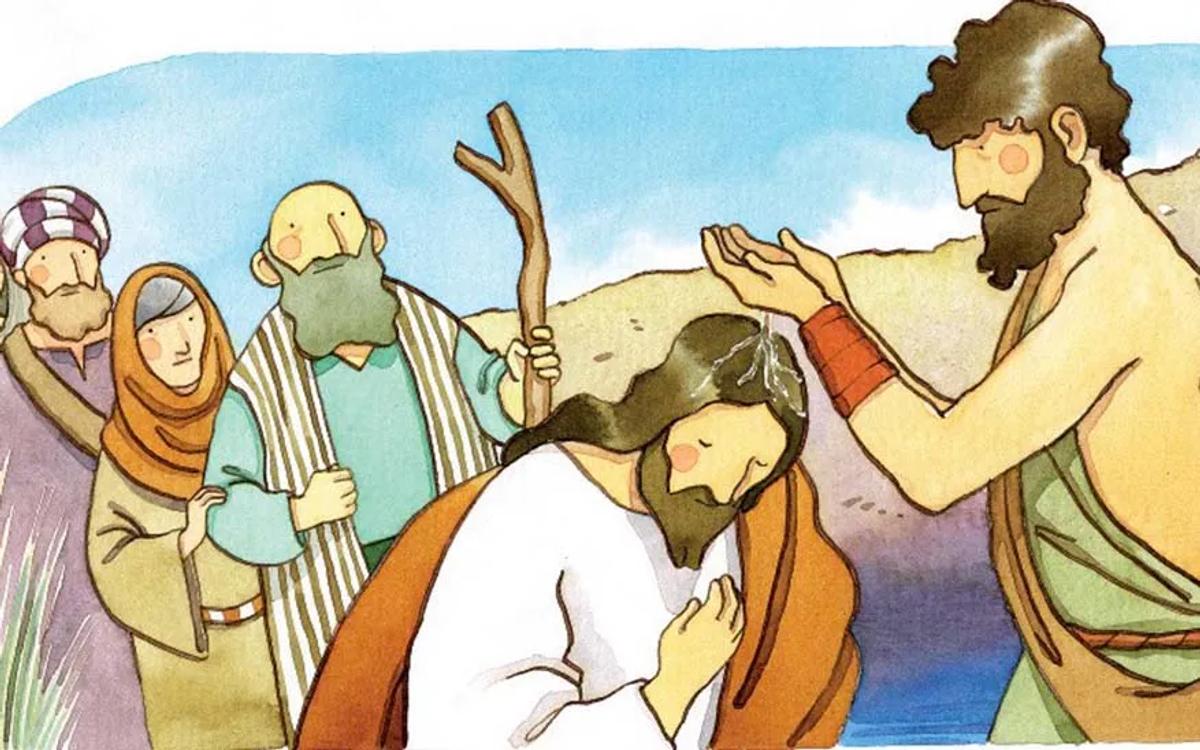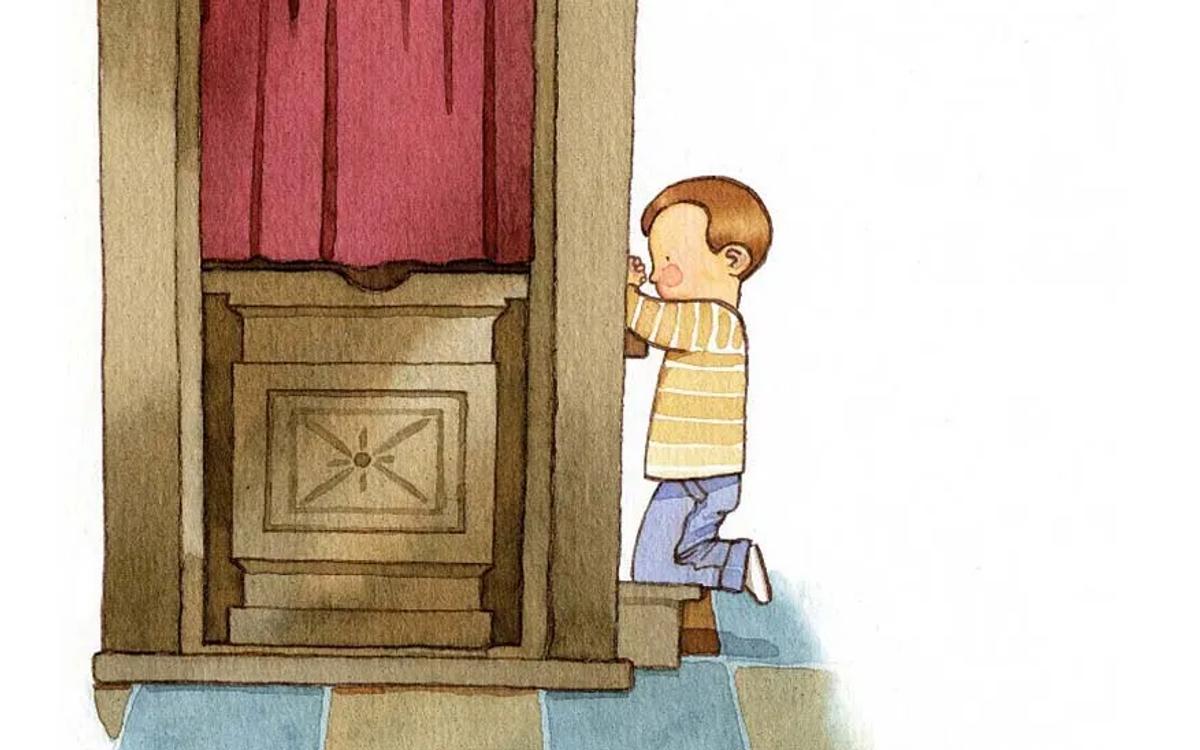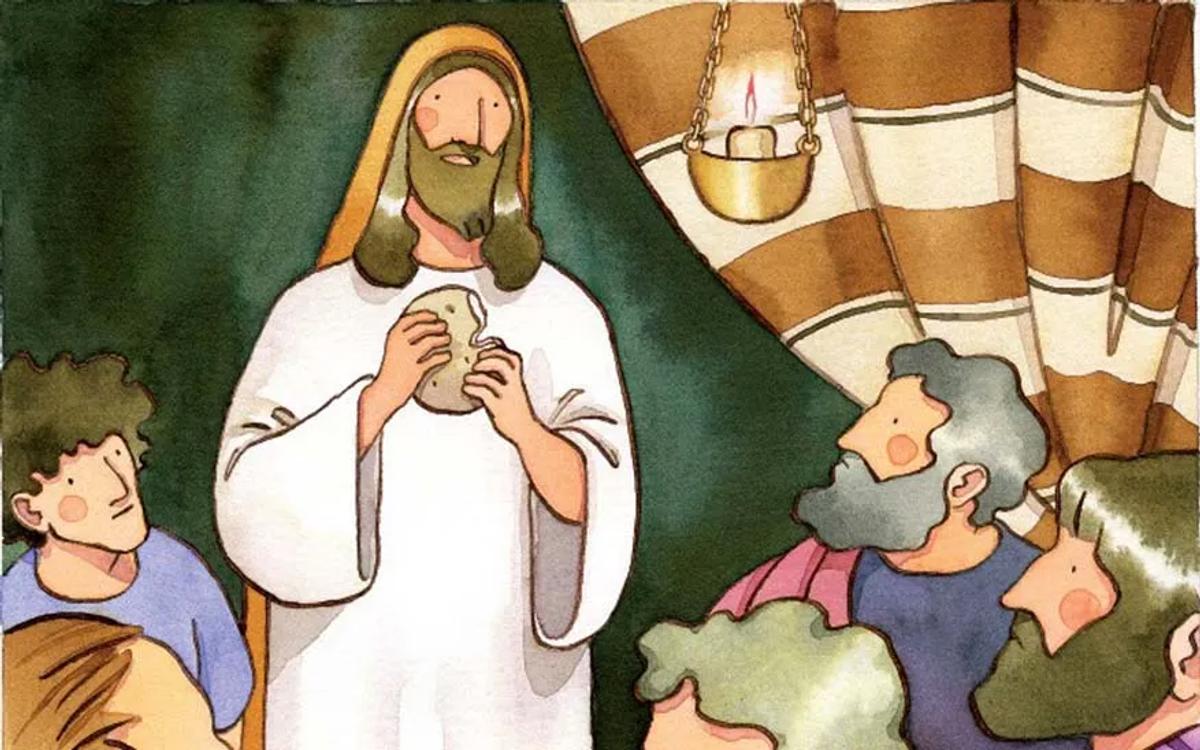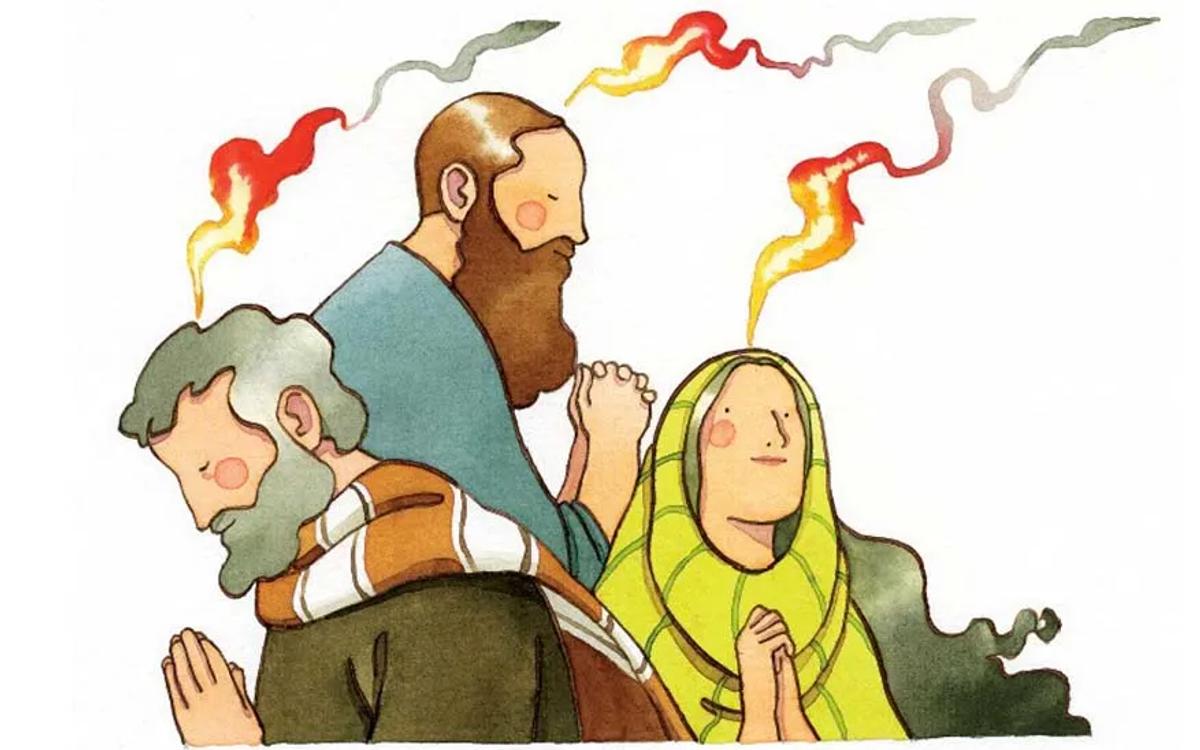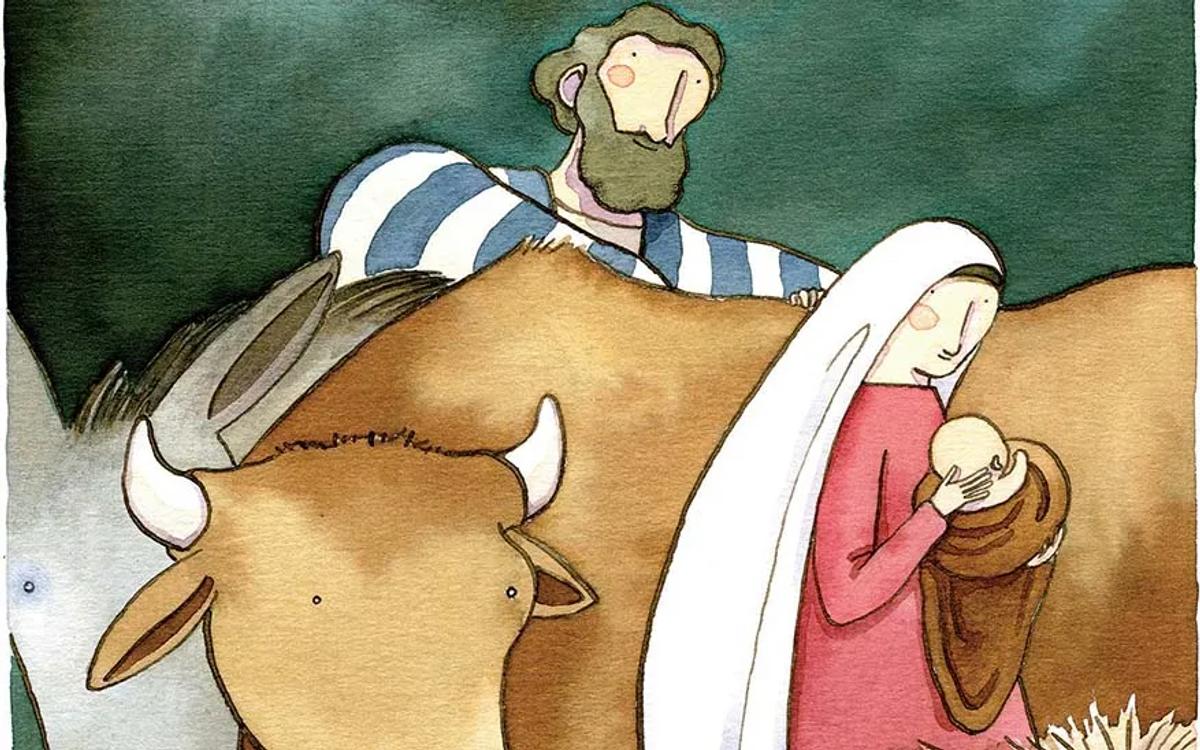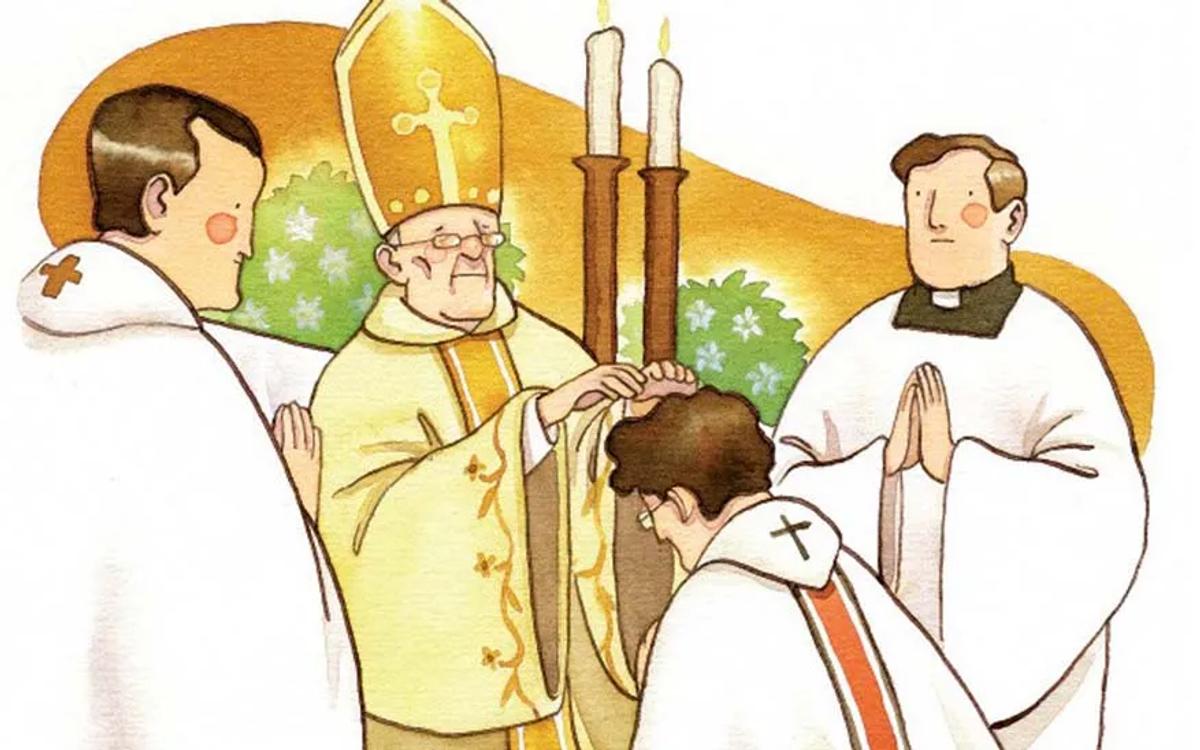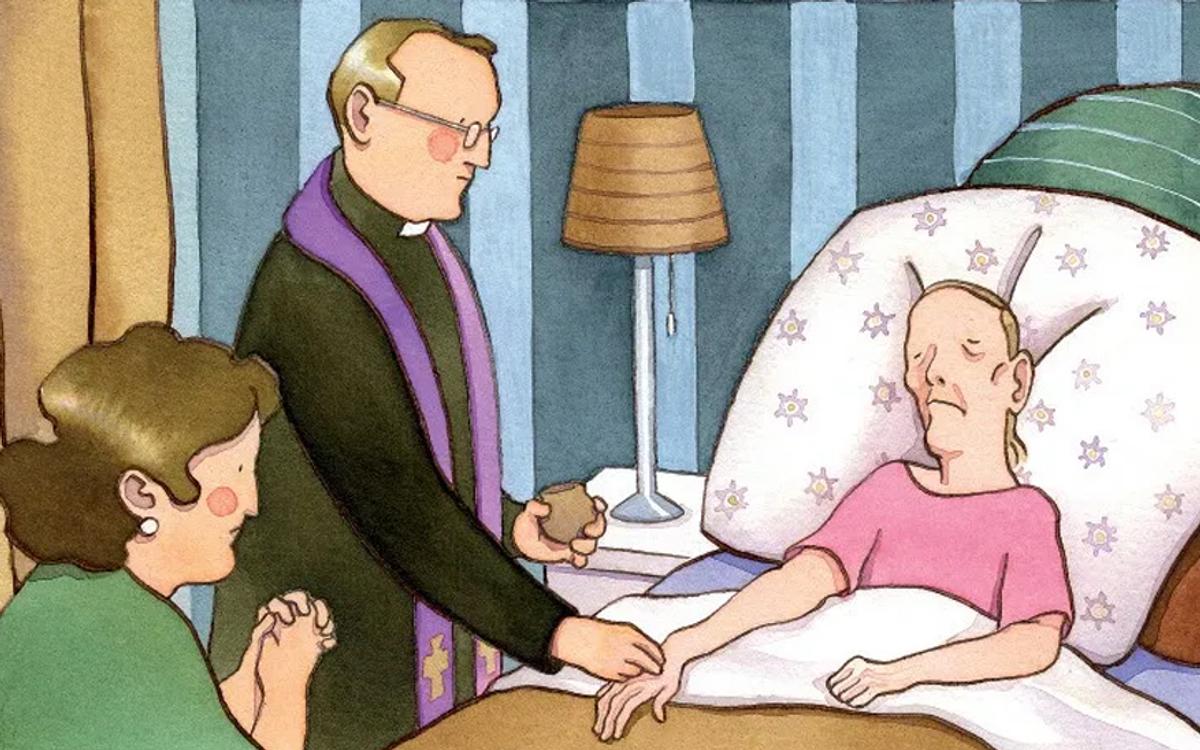Education in Faith

Dear Families
We are fortunate enough to be celebrating two more sacraments this school year at St Anthony's, Eucharist and Confirmation. Both of these are an important step in the faith journey of the candidates taking part, as well as all families involved. Sacraments always prove to be an important time to celebrate not only within our family groups, but also as our class and community families as well.
All students learn about the details of each sacrament in the classroom, to be able to take part in the program or support their peers in making this journey. As this is currently taking part at school I felt like it was a nice time to discuss the seven sacraments and their link to the bible.
Baptism
For we were all baptised by one Spirit so as to form one body—whether Jews or Gentiles, slave or free—and we were all given the one Spirit to drink. 1 Corinthians 12:13
Picturing Baptism we often think of babies, but the reality is that this sacrament of admission can take place at any stage of life. The water is used to wash away sins and impurities and it is thought that a person emerges from the water completely new. Jesus was baptised by John in the Bible who was quite nervous to do this task! He felt as if he was not worthy, but was quickly reassured by Jesus. He later was referred to as John the Baptist for this and many other baptisms he took part in. Baptism marks the beginning of the faith journey in our Catholic Church.
Reconciliation
So if you are offering your gift at the altar and there remember that your brother has something against you, leave your gift there before the altar and go. First be reconciled to your brother, and then come and offer your gift. Matthew 5:23-24
Reconciliation, sometimes called Penance, means to ask for forgiveness for wrongdoings. This is a sacrament that can be repeated many times and means taking responsibility for our actions and the ways they may harm others. We acknowledge that no one is perfect, and that we will all have times where we make choices that are selfish or ignore the needs of others. Many people in the Bible asked Jesus for forgiveness, such as Zaccheus, who had been guilty of robbing people through taxation but committed to saying sorry and living his life in a better way.
Eucharist
While they were eating, He took bread, said the blessing, broke it, and gave it to them, and said, ‘Take it; this is my body. Mark 14:22-24
Remembered and celebrated during the events of Holy Week, the Last Supper marked an important occasion which is still reflected in each Mass we celebrate today. The bread is broken in a way which marks the death and resurrection of Jesus and his great sacrifice for all humankind. It is then passed around and celebrated like a meal, a celebration of the community of all those attending Mass. Consuming the body and blood of Christ marks the presence of Christ in each of us, and our great capacity to love, heal and help others. Students reflect on all of these concepts when building towards their Eucharist, in order to better understand the basis of this important part of each Mass.
Confirmation
And remember, I am with you always, to the end of the age. Matthew 28:20
Confirmation is another sacrament of initiation, and reflects many of the concepts of Baptism, starting a journey with the Catholic Church. Confirmation usually takes place as students are in Year Five and Six, as it is thought that they are now old enough to fully understand the process of sacraments and make the commitment of their own volition. Students making their Confirmation reflect on the gifts and fruits of the Holy Spirit, and how we strive to live our daily lives in the image of God. In the Bible this took place in the story of Pentecost, where the disciples were bathed in the Holy Spirit and inspired to act. In building to Confirmation students will normally select a Holy Saint to research and learn about, as well as take their name, to reflect on the special way they lived their lives with the aim to hopefully emulate parts of this in a students own actions.
Marriage
Therefore a man shall leave his father and his mother and hold fast to his wife, and they shall become one flesh. Genesis 2:24
Marriage can take place in a Church as a form of a sacrament as well, reflecting on God uniting the bodies and souls of the two people taking part. Students can reflect on the concept of two people committing themselves to each other and striving to work as a team.
Holy Orders
Jesus said to them again, “Peace be with you. As the Father has sent me, even so I am sending you." John 20:21
We recognise priests, bishops and other members of the clergy as the descendants of the Disciples, and those who are tasked with spreading the word of Jesus. These are the people who are given the powers to lead in all of the sacraments discussed here. Students learn how much effort and time goes into becoming a member of the clergy, as well as the expectations placed on those who lead our Parish Communities.
Anointing of the Sick
Is any sick among you? let him call for the elders of the church; and let them pray over him, anointing him with oil in the name of the Lord: James 5:14-16
This sacrament aims to bring peace, encouragement and strength to those who are very ill. They are visited by a priest who delivers a special blessing and anoints their head with oil. They are reminded that even in their time of turmoil that they are surrounded by love and support of their community and God.
We know that at St Anthony's we aim to support and educate our students mostly taking part in the sacraments of Eucharist, Reconciliation and Confirmation, and indeed each will have taken place by the end of this school year. However, we know how important it is for our students to understand all of the sacraments and their place in practicing the Catholic Faith.
Take care everyone, stay warm, and we look forward to sharing more about our Education in Faith programs at school soon.
Tim O'Mahoney
Education in Faith Leader

